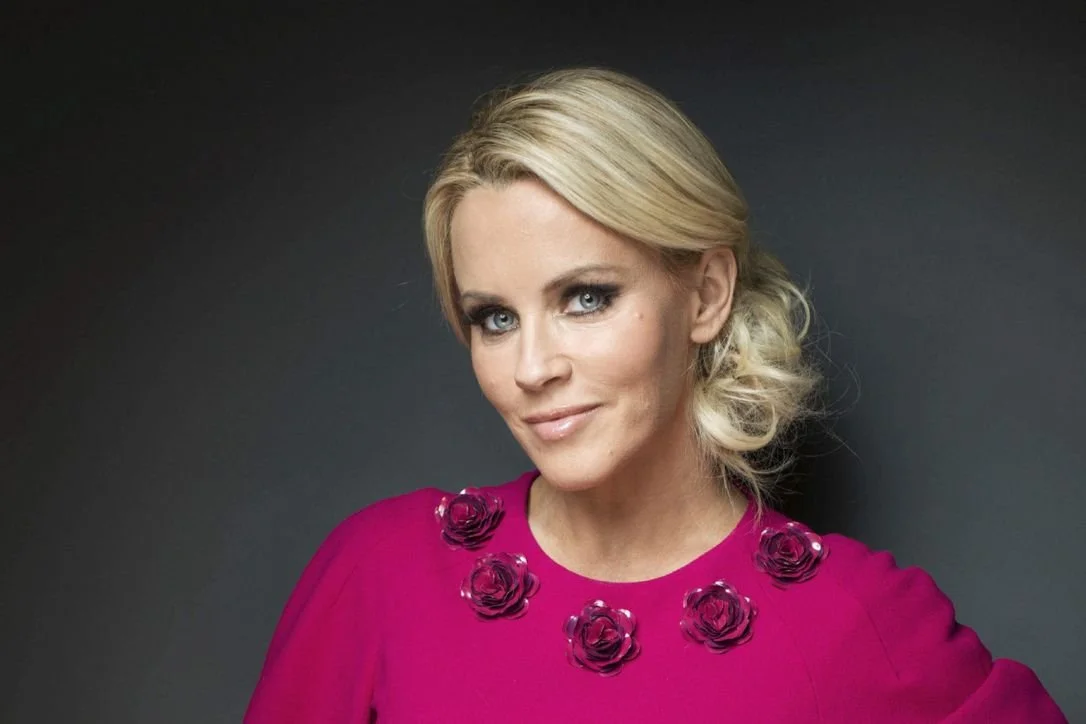Why the ‘anti-vaxxers’ are winning (and how we can stop them)
Disneyland is the epicentre of a measles epidemic that has spread to 14 states and will likely get worse before it gets better. In Quebec, an outbreak affected almost 800 people in 2011, and in B.C., 400 were infected last year. As we wait to hear more about Toronto’s six recently confirmed measles cases, we can only hope to avert a similar fate.
Yet measles is one of those diseases we are supposed to have “defeated.” Western countries saw measles infections and deaths drop by over 99 per cent after implementation of the MMR vaccine in the 1960s, and locally acquired measles cases have not been seen in the Americas in over a decade.
So how did we get here? What we know is that our vaccination rates have slowly but steadily dropped over the last decade, and certain regions with particularly low rates have emerged. Those of us who take a science-based approach to vaccination use the pejorative term “anti-vaxxers” to refer to those who oppose it, and whom we hold responsible for this public health crisis. The anti-vax campaign is based on several “philosophical” objections, most prominently, a belief that vaccines are responsible for autism (which has been invalidated by science).
So far, public health officials, scientists, and doctors like myself have countered anti-vaxxers by doing what comes naturally to us: trying to explain the science to the public. To those of us who espouse empiricism, the scientific case for vaccines is overwhelmingly compelling. The problem is that science is hard to communicate, and not everyone buys it.
The idea that vaccines cause autism has become entrenched because of two unavoidable human psychological tendencies. The first is our innate need to assign blame when things go wrong (like when our child becomes sick), and the second is what scientists call the post hoc fallacy — which is when we reach the irresistible conclusion that since event Y followed event X, event Y must have been caused by event X.
The result has been a series of parents of children with autism coming out with harrowing stories of their healthy children suddenly becoming autistic after vaccination, and progressively worsening with each additional vaccine. And as much as I hate to admit this as a scientist and a physician, stories move us a lot more than science does.
In my own practice, if my patient suffers a complication from a procedure that I ordered, I would be lying if I said that it didn’t affect my decision to order the same procedure in the next patient, no matter how convinced I was of the rarity of the complication and the proven scientific benefit of the procedure. So when an eloquent orator with an unshakable belief (read Jenny McCarthy) delivers a compelling story, the resulting fear contributes enormously to parental vaccine hesitancy.
So what’s the solution? First, we need to practice what we preach, and use science. Studies show that didactic repetition of facts just doesn’t change behaviour, and that our top-down and adversarial approach further polarizes communities and actually alienates parents. Efforts to identify factors that predict vaccine hesitancy have found that local social norms and interactions between patients and their providers are most important. Accordingly, interventions such as community engagement through local opinion leaders and peer groups, and education and training to improve health care providers’ communication approach have successfully boosted local vaccination rates in some studies.
But it’s also time for the pro-vaccine movement to take a page out of the anti-vax playbook. That means we need our own powerful narratives that conjure fear. For the longest time, they simply didn’t exist. Who can tell the powerful story of how their vaccinated child didn’t get measles and didn’t become quadriplegic as a result? But as the anti-vaxxers have gained ground, and epidemics have resulted, we now need people to hear the heart-wrenching tales of parents of children who did get measles.
People also need to hear from the parents of autistic children who developed autism despite never receiving a single vaccine. And maybe it wouldn’t be such a bad thing if a B-list celebrity (and maybe even a former Playmate) took up our cause. If history is any guide, millions of lives may depend on it.
Written for Toronto Star by Dr. Samir Gupta.

